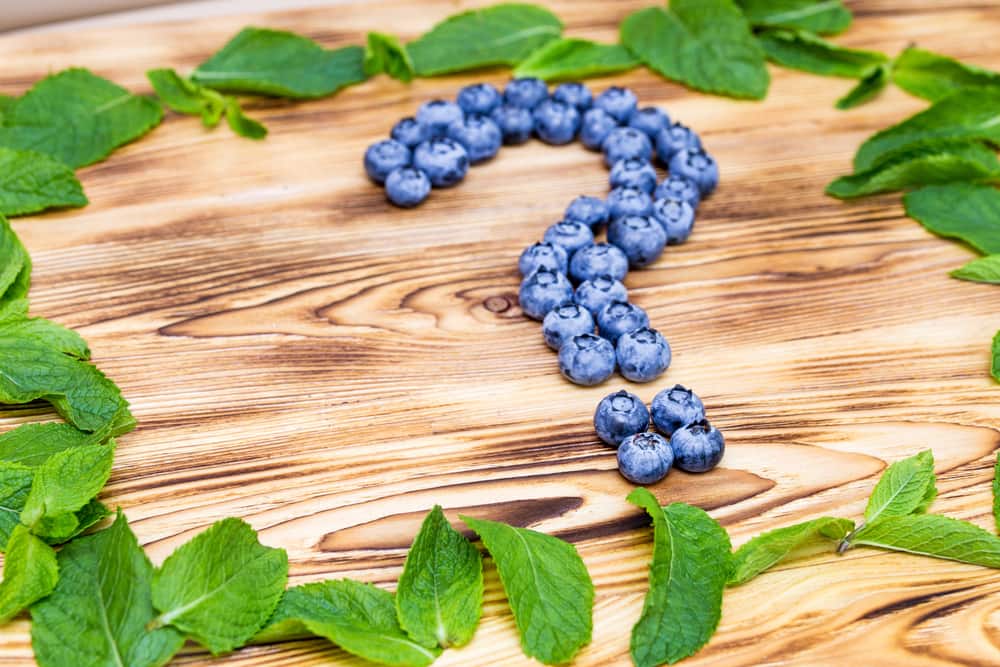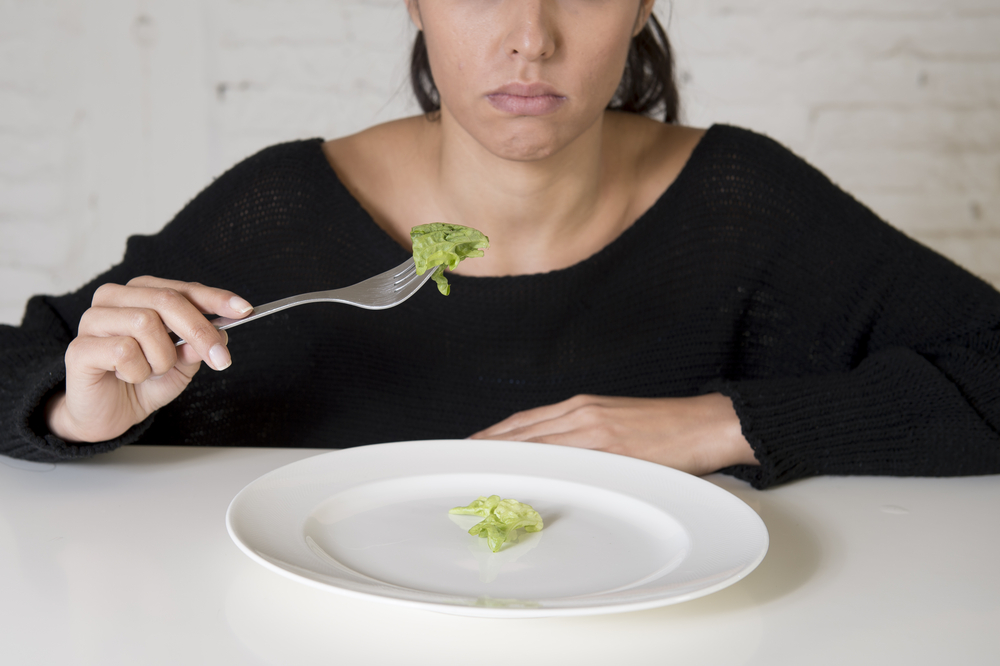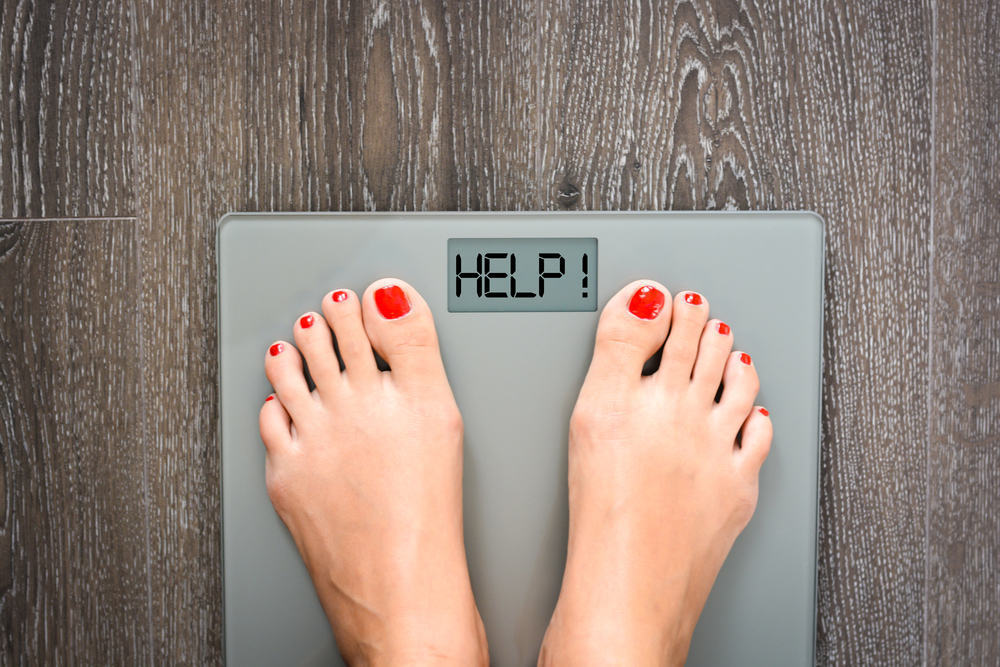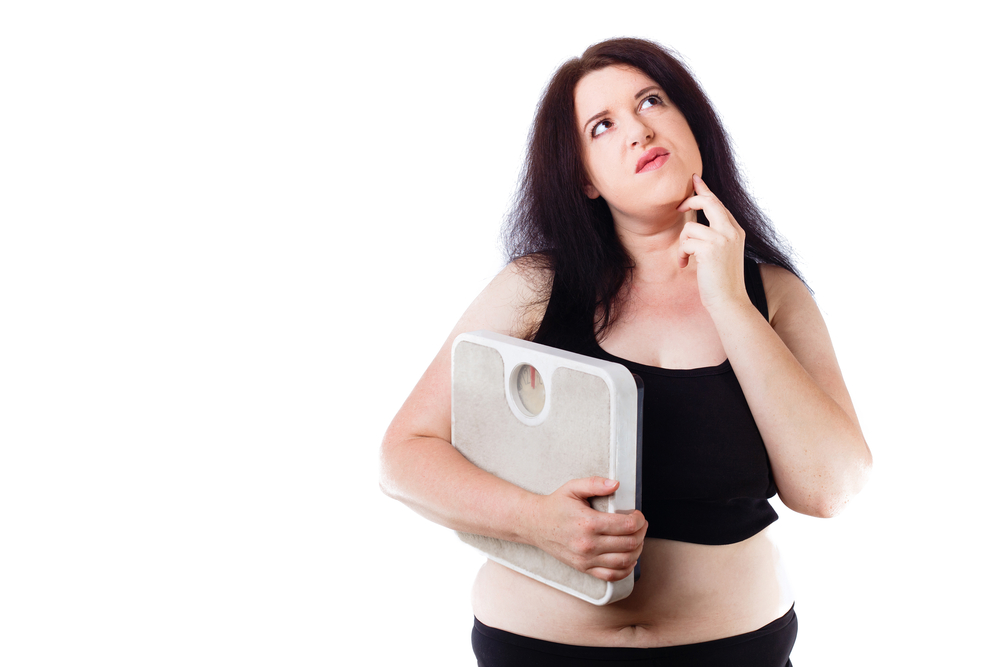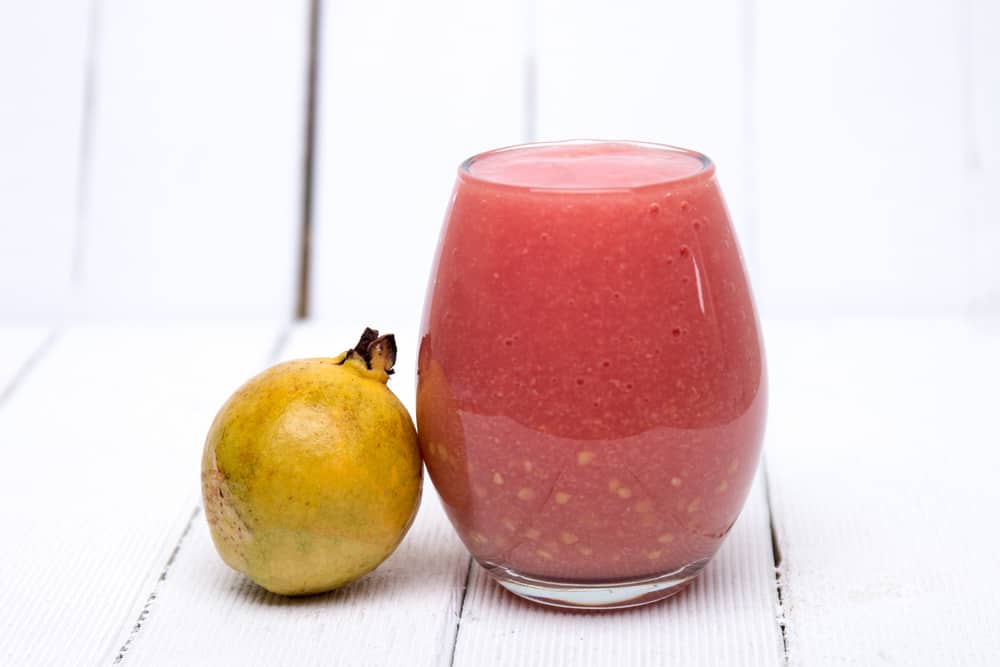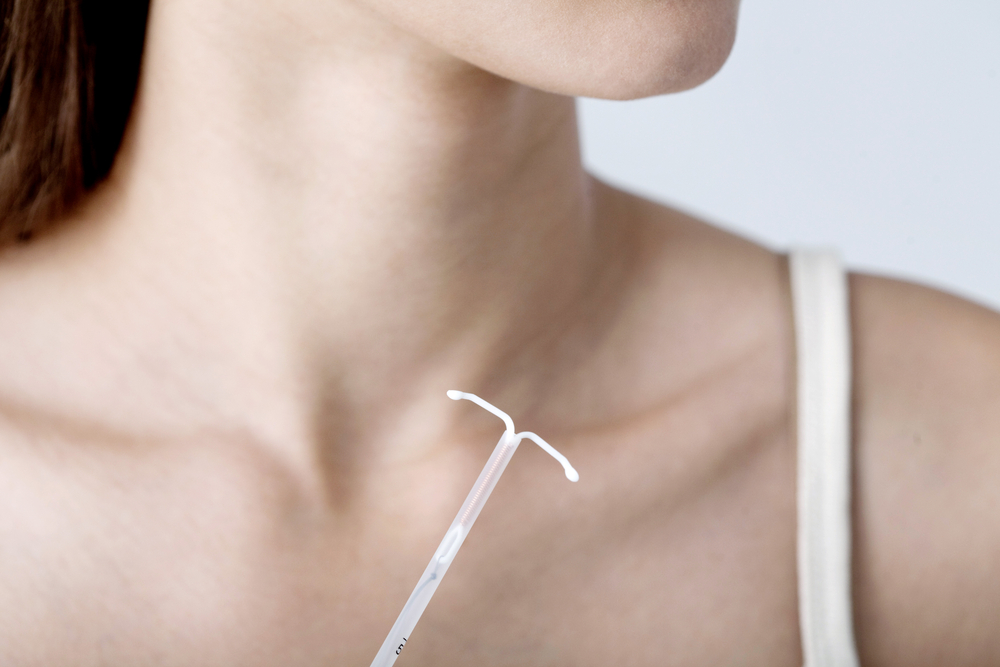Contents:
- Medical Video: 10 Lies About Weight Loss Many of Us Still Believe
- Various diet myths that are said to be effective, but it turns out wrong
- 1. No breakfast makes you lose weight
- 2. Never eat carbohydrates
- 3. Fat-free food is definitely good for the body
- 4. Deliberately holding back hunger is more effective at losing weight
- 5. Low-calorie drinks help you lose weight
- 6. Don't eat dinner, because it makes you fat
- 7. Cholesterol is not good for the body
Medical Video: 10 Lies About Weight Loss Many of Us Still Believe
The road to ideal body weight is not as smooth as the silk line. So it is not surprising that many people try to take shortcuts in hopes of accelerating the desired results. However, some popular diet methods that are often done are not all good for health. In fact many can harm the body. Here are 7 diet myths that are actually wrong and you don't need to trust them anymore.
Various diet myths that are said to be effective, but it turns out wrong
1. No breakfast makes you lose weight
Wrong. Weight loss will indeed go down when you don't eat breakfast occasionally. But, some of these lost pounds do not come from body fat deposits, but from muscle - which is a method that is not ideal for weight loss.
Loss of muscle mass is a factor that can cause you to get tired and hungry faster all day. Therefore, skipping breakfast can make you tend to reciprocate by eating large portions and high calories at lunch time. If done continuously, this diet myth actually risks adding some numbers to your scales.
People who are accustomed to breakfast are actually reported to have better body health in general, and are better able to maintain their weight compared to people who do not eat breakfast. Breakfast can help you control your hunger during the day and prevent you from snacking on unhealthy snacks.
2. Never eat carbohydrates
Wrong. Reducing carbohydrates is one of the most widely used diet strategies. This method is not only effective for weight loss but also has a positive impact on health even though you already have a healthy weight. But, do not necessarily eliminate carbohydrate intake altogether from your diet.
However, carbohydrates will be processed into energy that is used by the body to fulfill all its functions to help you move without obstacles. In fact, the principle of a low carbohydrate diet is not to avoid carbohydrates at all, just avoiding too much simple carbohydrate intake.
In general, healthy adults are encouraged to consume carbohydrates around 300-400 grams per day. When undergoing a diet, carbohydrate intake can be reduced by half or around 150-200 grams. Too little carbohydrate intake will reduce metabolism and can eliminate muscle mass.
The most important thing is the number of calories that enter the body, not the amount of carbohydrates. So if you have reduced carbohydrate intake but do not reduce fat intake, then the number of calories that enter your body is still a lot and can increase your weight. Decreasing carbohydrate intake must also be balanced with adequate protein and fiber intake.
Change your simple carbohydrate intake (for example, white rice, white bread, flour paste) with a source of complex carbohydrates from whole grains. Also exchange most of the amount of carbohydrates reduced by consuming various proteins derived from meat, fish, eggs, and nuts. To maintain a sense of fullness, consume vegetables and fruit and a healthy source of fat from processed milk, coconut oil, and butter.
3. Fat-free food is definitely good for the body
Wrong. Eating foods with low-fat or fat-free labels cannot be the main key to your diet. Because the food labeled low-fat is not always true of low fat.
The original animal fat content in these foods or drinks has been replaced with plant-derived fats, which are basically unsaturated fats. When vegetable fat goes through the process of processing, this fat will be hydrogenated which converts it into trans fat which is very dangerous if it enters the body. Trans fat can increase cholesterol levels and the risk of heart disease.
However, this diet myth is wrong. The body still needs fat intake as a source of energy, tissue repair, and transporting vitamins A, D, E, and K. Every day, a man needs at least 40 grams of fat and women need at least 30 grams of fat. You don't have to eat fat-free foods, but you only need to reduce your consumption of saturated fats, such as butter, meat and processed foods. Eat more unsaturated fats, such as nuts, fish, and avocados.
4. Deliberately holding back hunger is more effective at losing weight
Wrong. Deliberately starving for a diet might work in the short term, but in the end this method can inhibit your weight loss. Skipping meals for hours can cause the body to lose more muscle mass than fat.
This loss of muscle tissue causes a decrease in the body's metabolic rate, thereby reducing the number of calories needed by the body. If the number of calories that enter the body remains the same, then the excess calories can increase your weight. This explains why exercise is also recommended in weight loss plans to build muscle and maintain your metabolic rate.
5. Low-calorie drinks help you lose weight
Wrong. Calorie-free drinks usually do not use sugar but artificial sweeteners and are considered to help reduce weight because they contain no calories. But in most studies, no evidence of weight loss was found. This might be because when you consume sweet drinks without any calorie content, your body will continue to want calorie intake so that in the end you want to eat more food in greater quantities.
6. Don't eat dinner, because it makes you fat
Wrong. The dinner hour is the most frightening specter for most dieters. Because, they assume that the body will store more fat from the food because it is not burned with activity.
Actually it's fine if you want to have dinner. Foods that are eaten at night do not always make the body save more fat. Meal time does not affect body weight, the most influential is the number of total calories you consume in one day.
7. Cholesterol is not good for the body
Wrong. Cholesterol is a component of fat that is mostly formed by the liver. Cholesterol can indeed be bad for the body because it can clog arteries and is associated with the risk of heart disease.
But, not all types of cholesterol are bad for the body. Saturated fats found in foods such as meat, cakes, butter, cheese tend to increase "bad" cholesterol called LDL, which can cause blockages in blood vessels. While fat from nuts, vegetable oil can increase good cholesterol for the body called HDL, which functions to carry fat deposits from blood vessels back to the liver.

